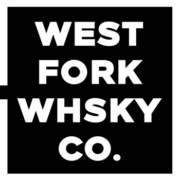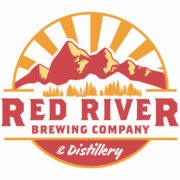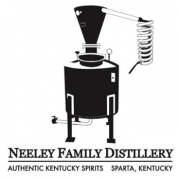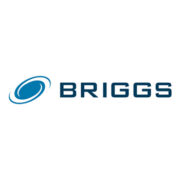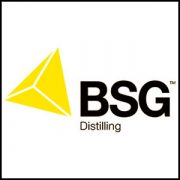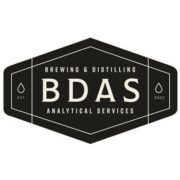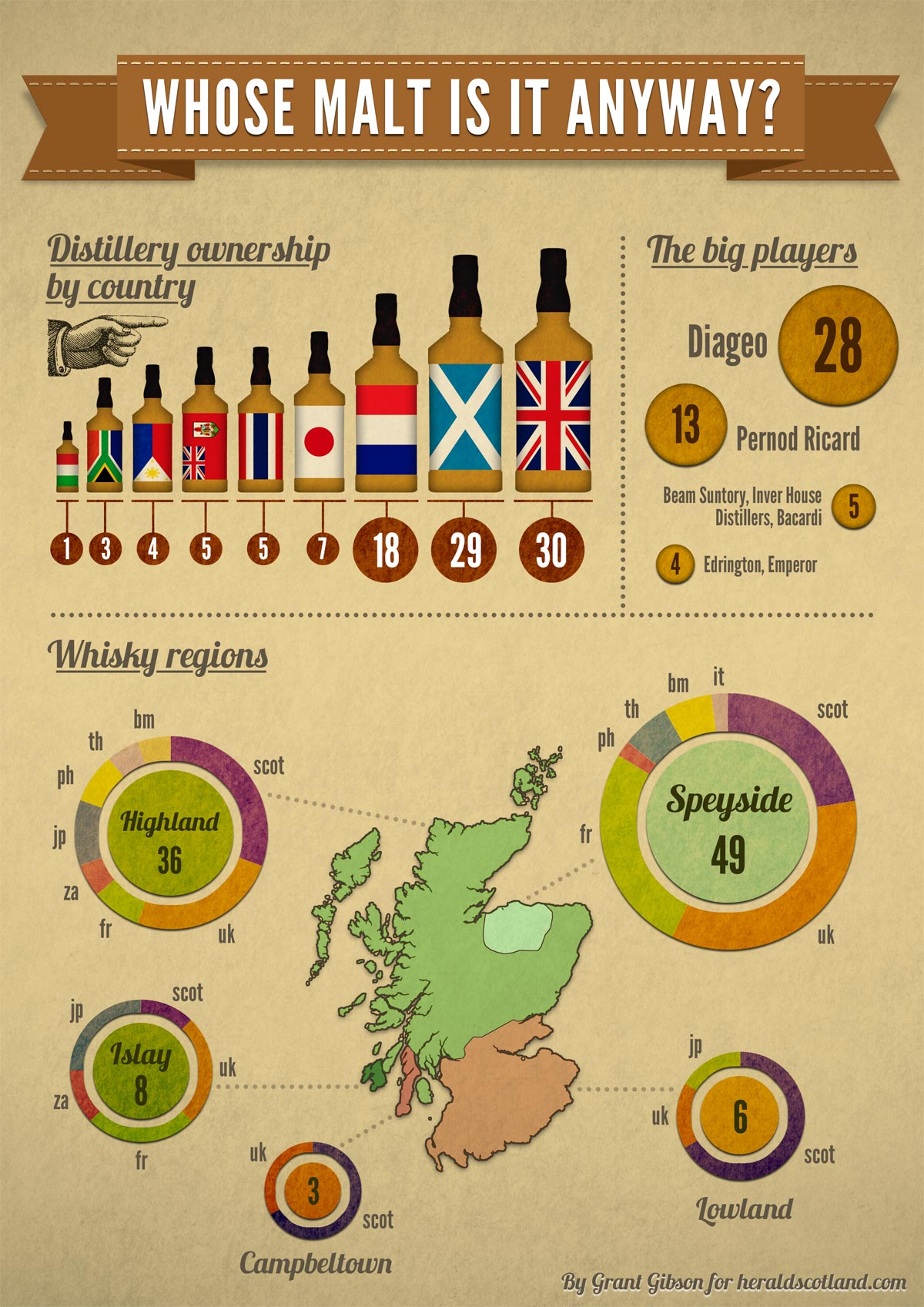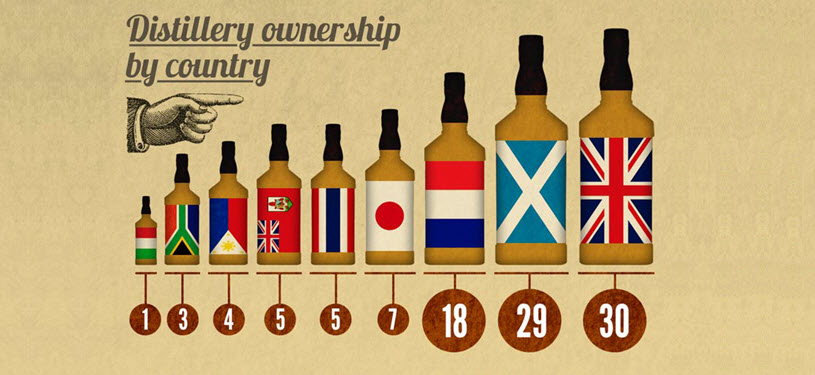
The origins of whisky or whiskey can be traced back to the medieval monks of both Ireland and Scotland. The word whisky is from the Gaelic term ‘uisge beatha’, or ‘usquebaugh’, meaning ‘water of life’.
The art of whisky distillation spread to Ireland and Scotland around the 15th century. It’s believed to have spread primarily for medicinal purposes. (Cough, cough. I feel a cold coming on and need some “medicine.” In moderation of course.) The first confirmed written record of whisky in Ireland comes from 1405, in the Irish Annals of Clonmacnoise, which attributes the death of a chieftain to “taking a surfeit of aqua vitae (the “water of life”)” at Christmas. In Scotland, the first evidence of whisky production comes from an entry in the Exchequer Rolls for 1494 where malt is sent “To Friar John Cor, by order of the king, to make aquavitae”, enough to make about 500 bottles.
Stay Informed: Sign up here for our Distillery Trail free email newsletter and be the first to get all the latest news, trends, job listings and events in your inbox.
Centuries later, this distilled spirit is still going strong in Scotland but the ownership of these distilleries has changed hands many times over the years. Today, of the 102 single malt distilleries in Scotland only 28% are owned by Scottish companies. The infographic below shows Scotland’s distilleries by:
- Country of Ownership
- Who Are The Big Brand Players
- What Regions Host the Distilleries
Q: Can you identify each of the countries by their flag?
A: Below the infographic.
Click the Whose Malt is it Anyway? image below to see it full size.
How well did you do?
[table “” not found /]Resources
The research was done by Franchesca Hashemi and the graphic’s been produced by Grant Gibson.
Whisky
Whisky History

